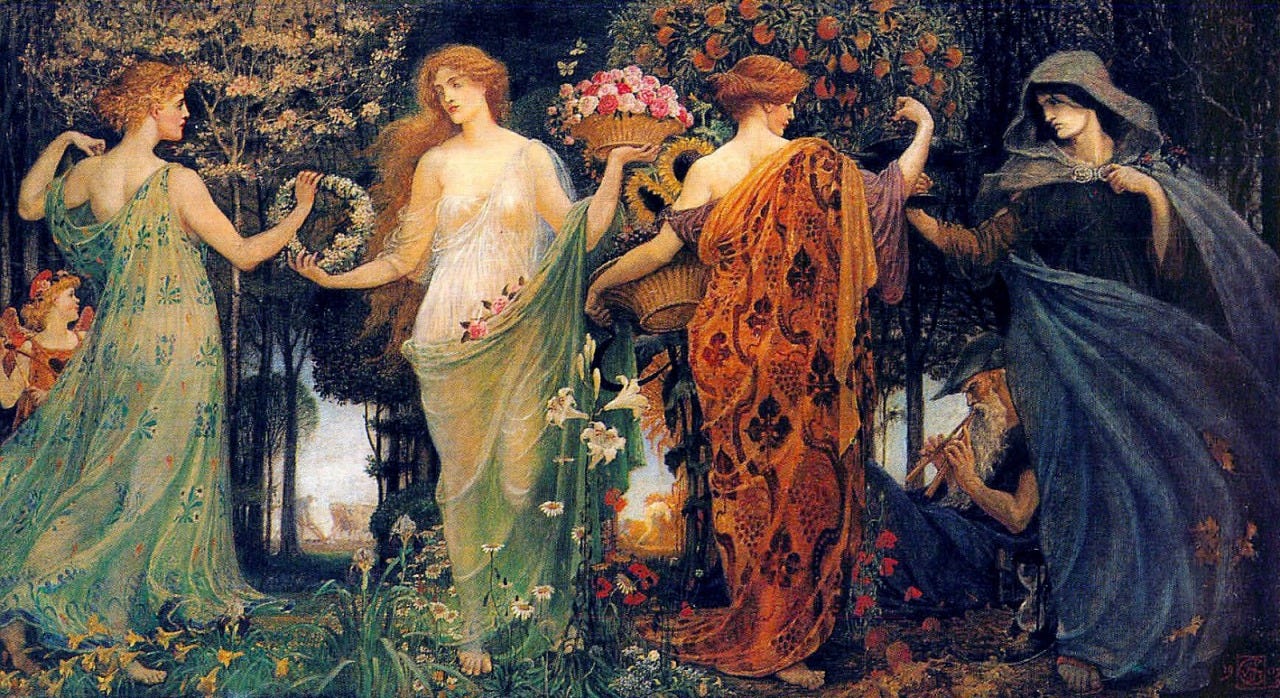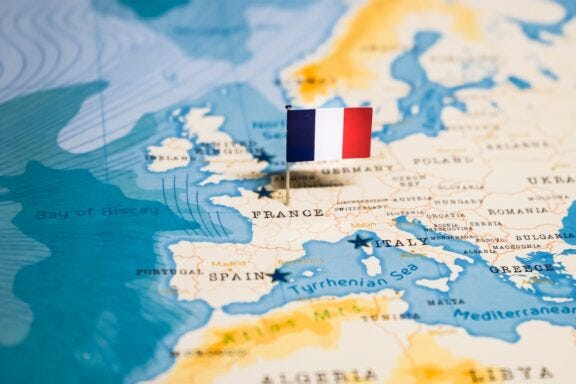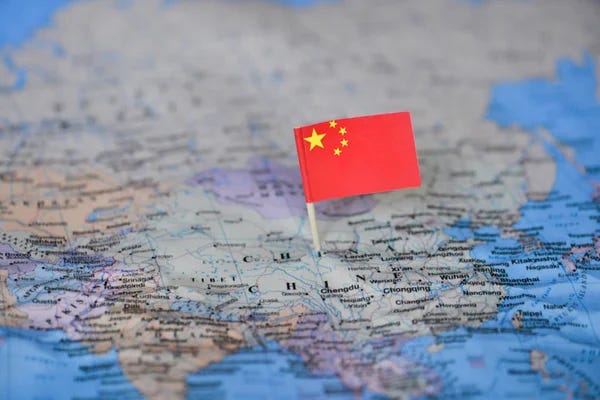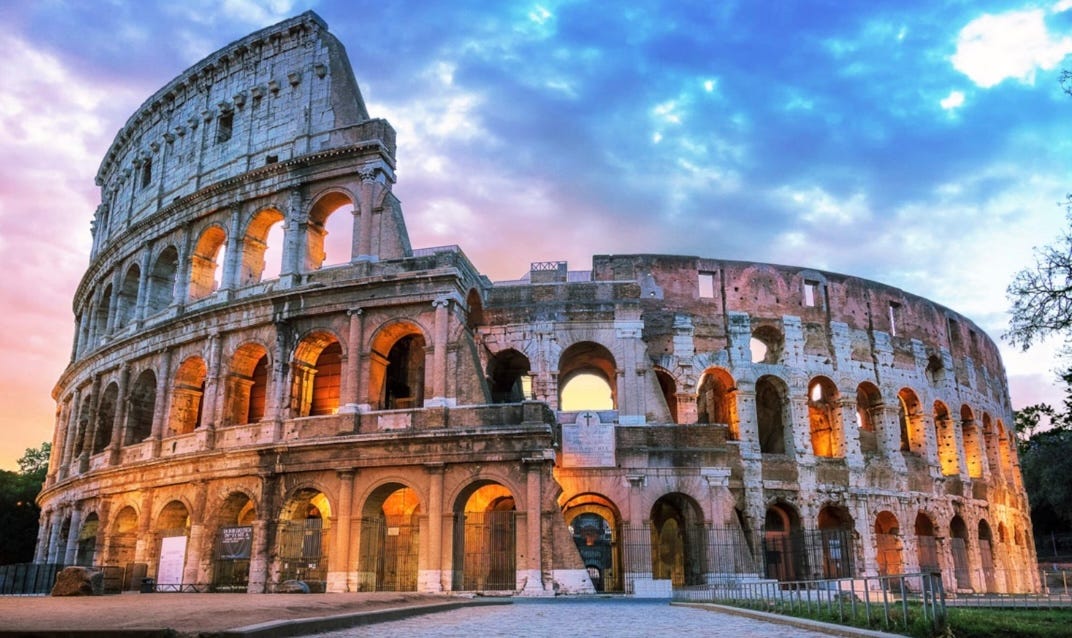Having lived in China, studied in China, worked in China and travelled around China, I came to the conclusion that I don’t understand China at all. For me, China is truly a riddle wrapped in a mystery inside an enigma. Utterly and uncompromisingly incomprehensible.
That being said, I developed a certain roadmap to navigate in it. I will not insist that the map is exhaustive, nor that it is even necessarily true. What I say is that I use it for a very practical purpose of structuring the scattered information I have, and orienting myself in the unknown.
A Nation State
As we live in the nation states era, we are now incapable of seeing the world otherwise than as a collection of nation states. For us, a nation seems to be the basic unit of reality almost on pair with molecules. Much like molecules make the fabric of our material world, nation states constitute the fabric of politics.
They just are.
What would be a model, exemplary nation state?
I would say, it is France.
One country, with the one, well-defined political border. One citizenship for all. One language, one culture, one ancestral myth. One continuous history, flowing uninterruptedly from Vercingetorix to Charles de Gaulle.
France has been the first nation state in history, and the model for all other nation states to follow after, in Europe and beyond. As Bernard Lewis pointed out, the Renaissance or Reformation produced only a limited effect in the Islamic world. The effect of French Revolution, however, was profound. It introduced the Middle East and North Africa to nationalism, changing the language, worldview and the way to think. French Revolution created the nations of the Middle East.
It produced a similar effect in China. By the late 19th c., a narrow circle of Han intellectuals loathing the Qing dominion1, started re-imagining and re-conceptualising their identity based on the Japanese example, which in its own turn was inspired by the example of France. As the Chinese nationalist myth developed and solidified, it was extrapolated back in history, creating a vision suspiciously similar to the nationalist visions of Europe.
As the French revolution and its consequences shaped the modern world, setting the new standard of political organisation and political thinking, it is difficult for us to see the map of the world other than a collection of one, two, many Frances. This makes it exceedingly difficult to see the Middle Kingdom as anything else but just another France.
Civilisation
I will argue that France makes for a poor example to compare China with. And that is because China is not commensurable with it. It is hardly commensurable to any nation state of Europe or beyond. What is vaguely commensurable with is the collection of all European and European descent settlements and the world. It is commensurable with the Latin West2.
Were I to suggest a familiar, intuitive metaphor, I would compare it with Rome
On a first thought, this parallel may look distant or unfounded.
China stands, while the Rome is long gone.
Indeed, although there may be different interpretations of what we should count as the fall of Rome, including the:
Deposition of Romulus Augustulus by Odoacer (476)
The Gothic Wars under Justinian (535-554)
Islamic invasions and the subsequent hellenisation of the East Rome language of administration (mostly 7th c.)
Most agree that the continuity of Roman state, Roman culture and Roman tradition was interrupted somewhere around the middle of the first millenium AD.
What followed later was the history of its appropriation by many, and many rival claimants.
Keep reading with a 7-day free trial
Subscribe to kamilkazani to keep reading this post and get 7 days of free access to the full post archives.






